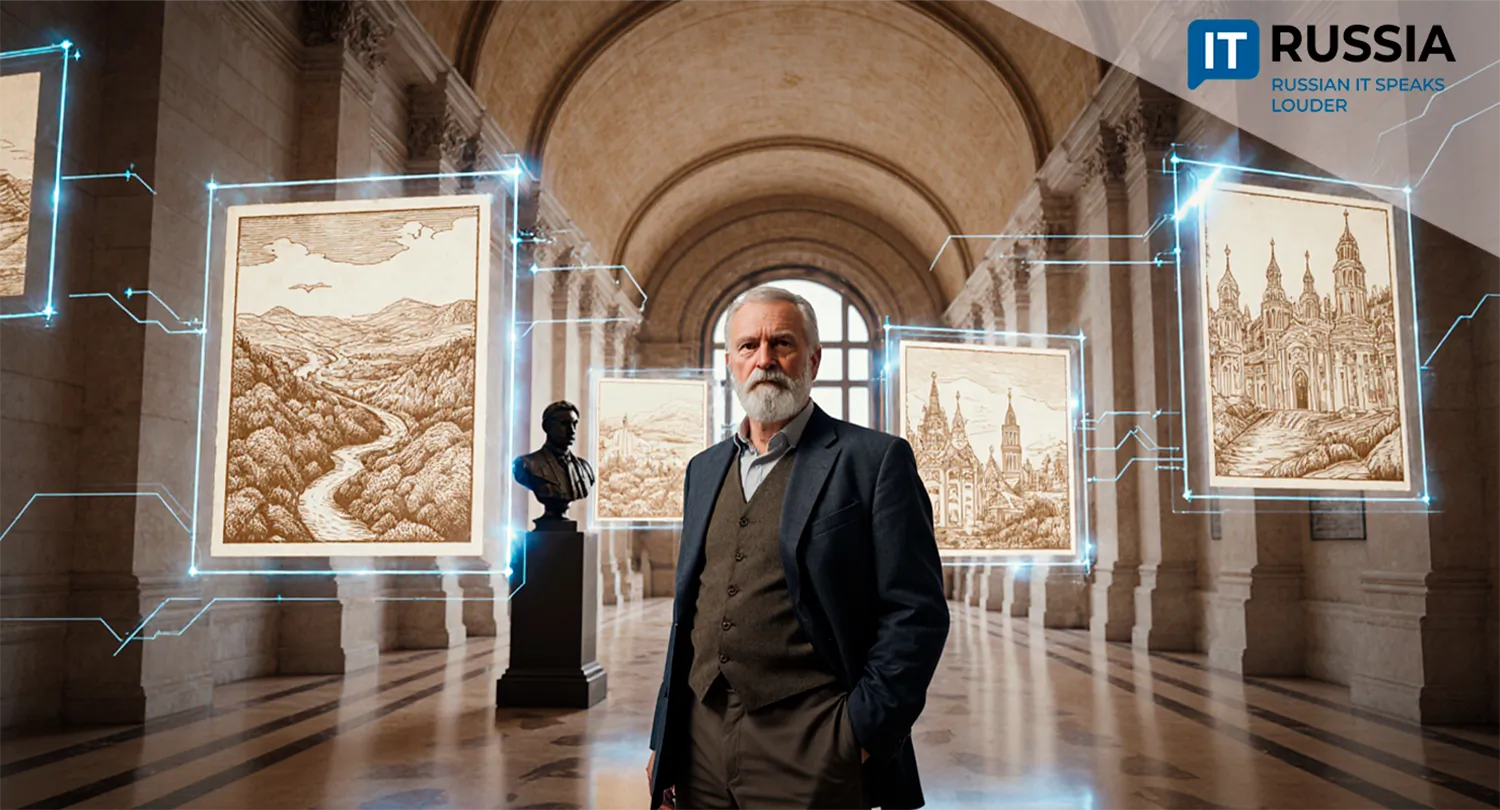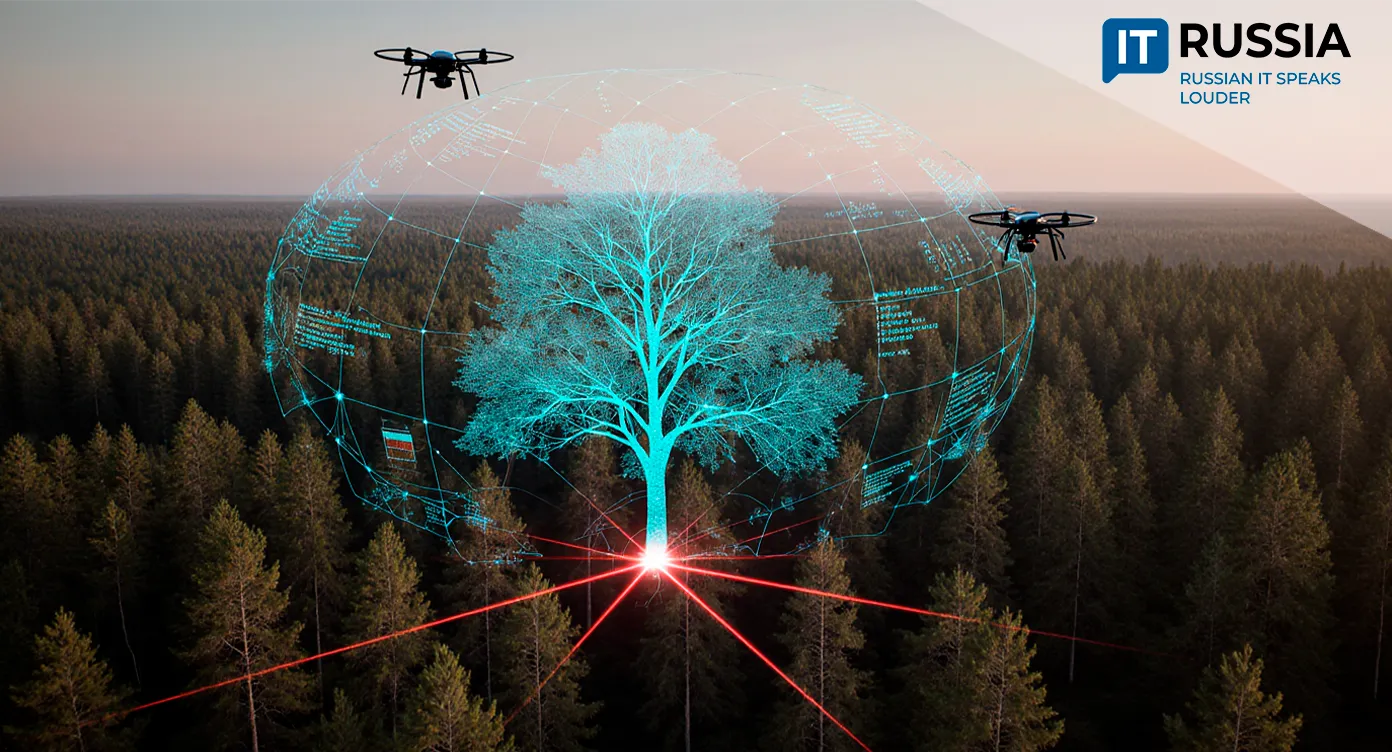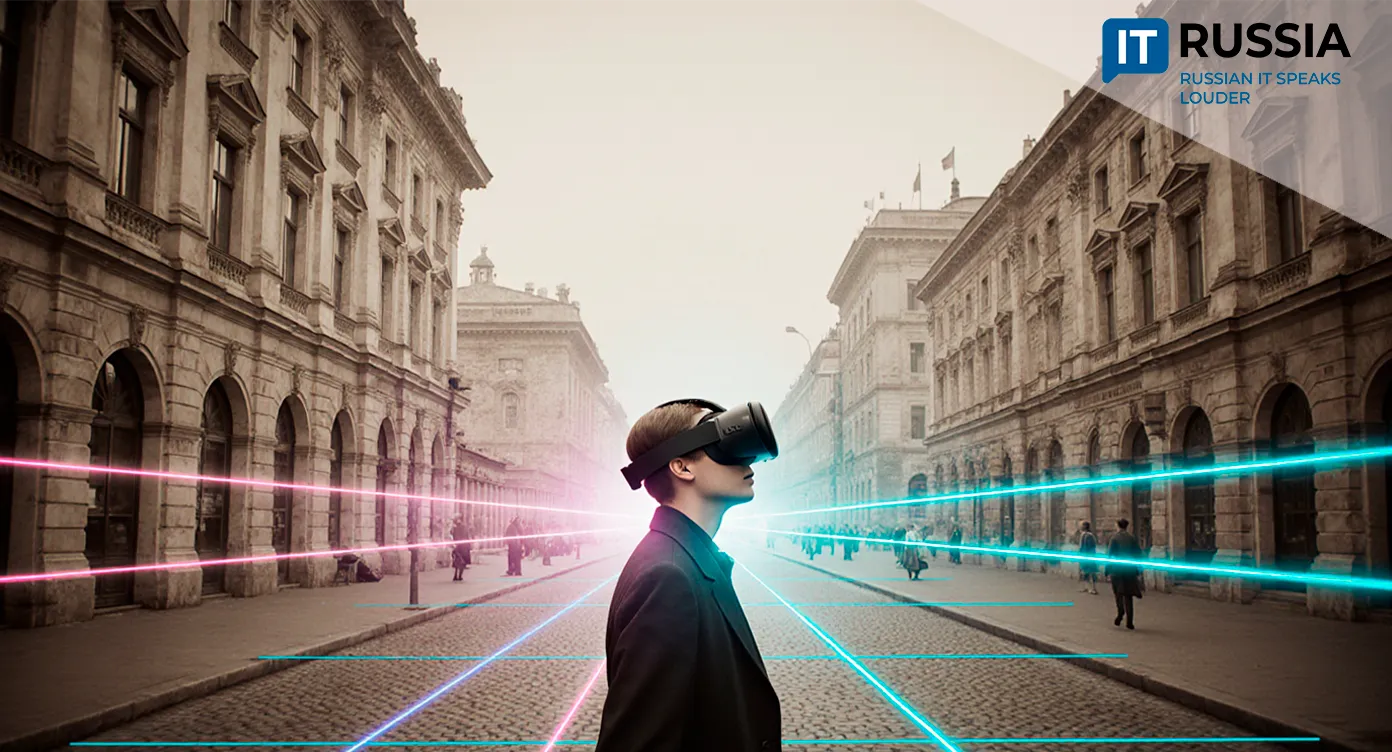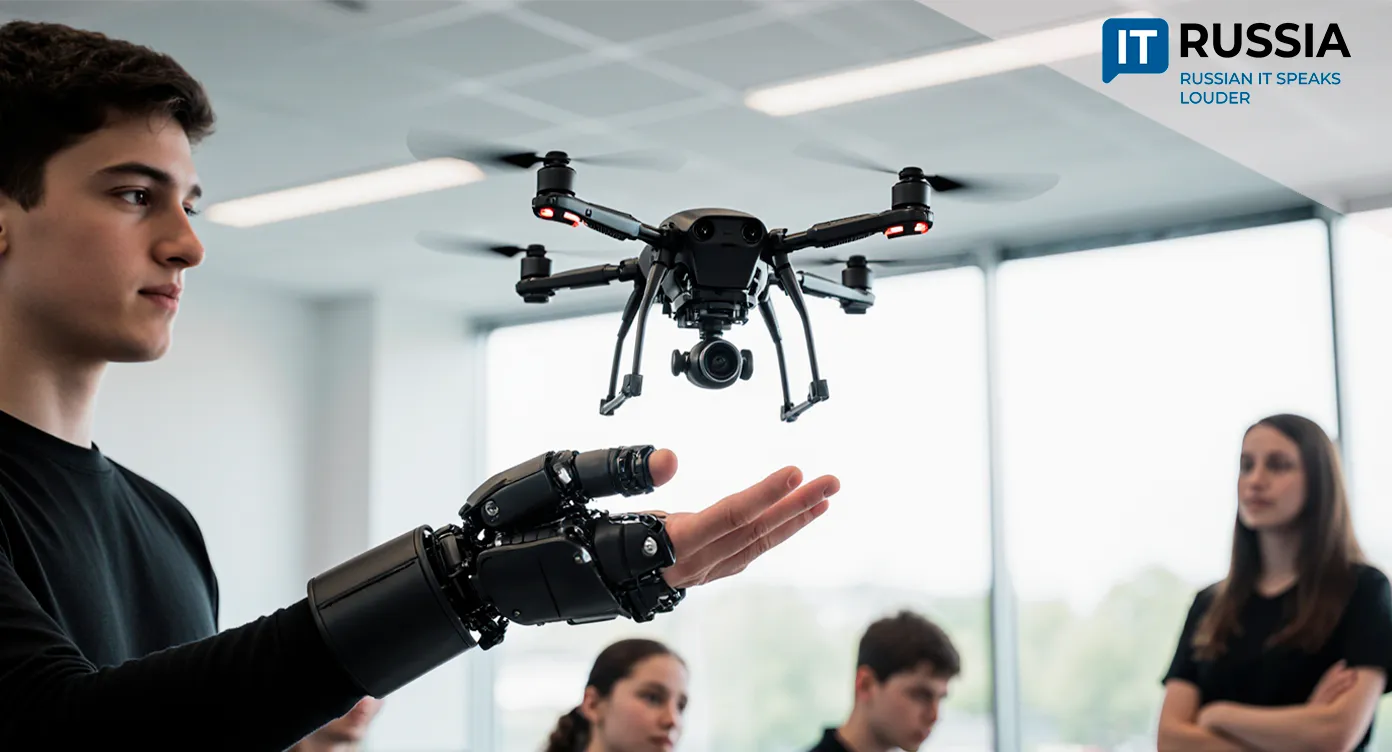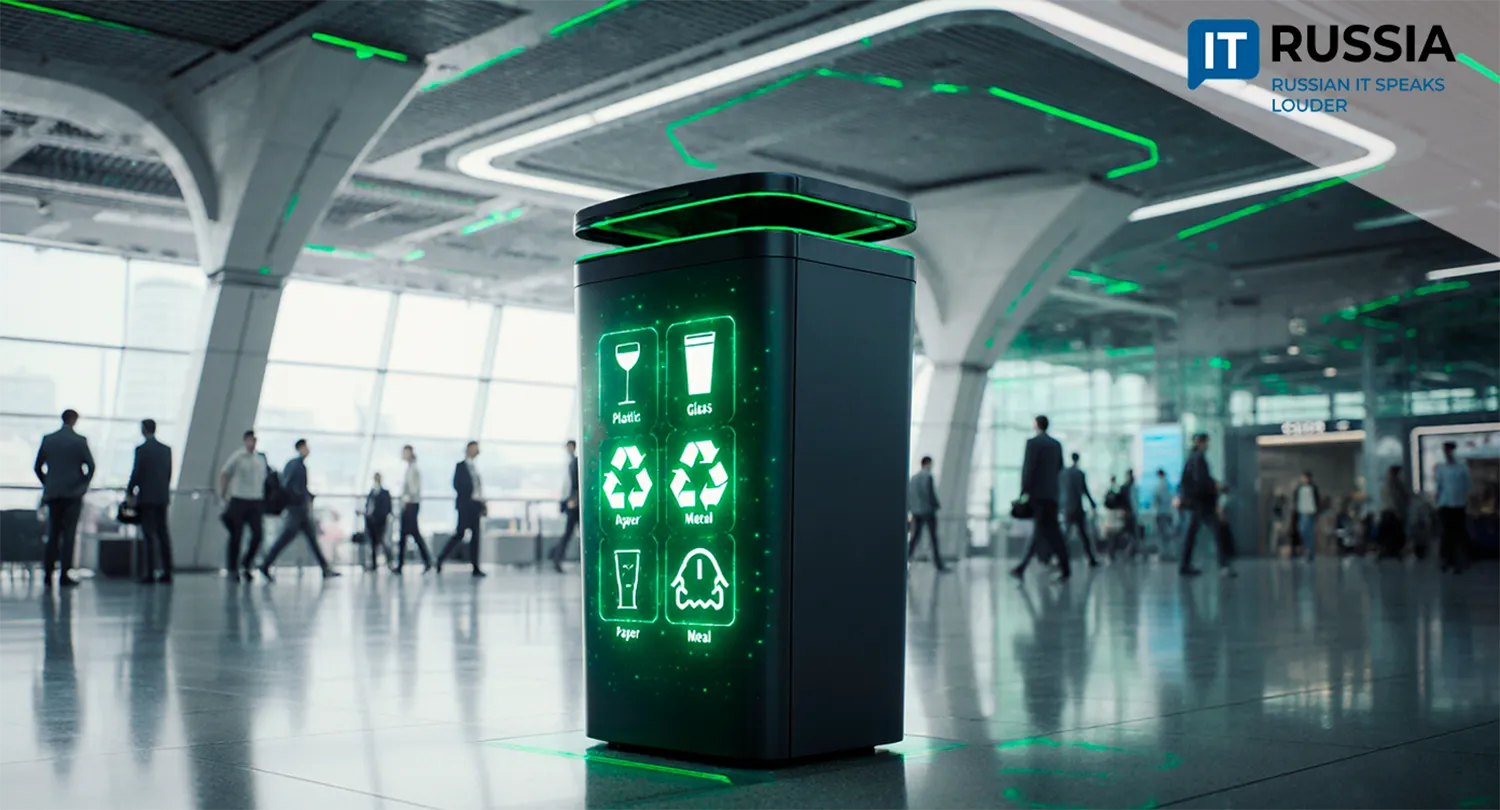Need Parking or a Park? Sitronics KT Creates a Digital Barometer of Urban Comfort
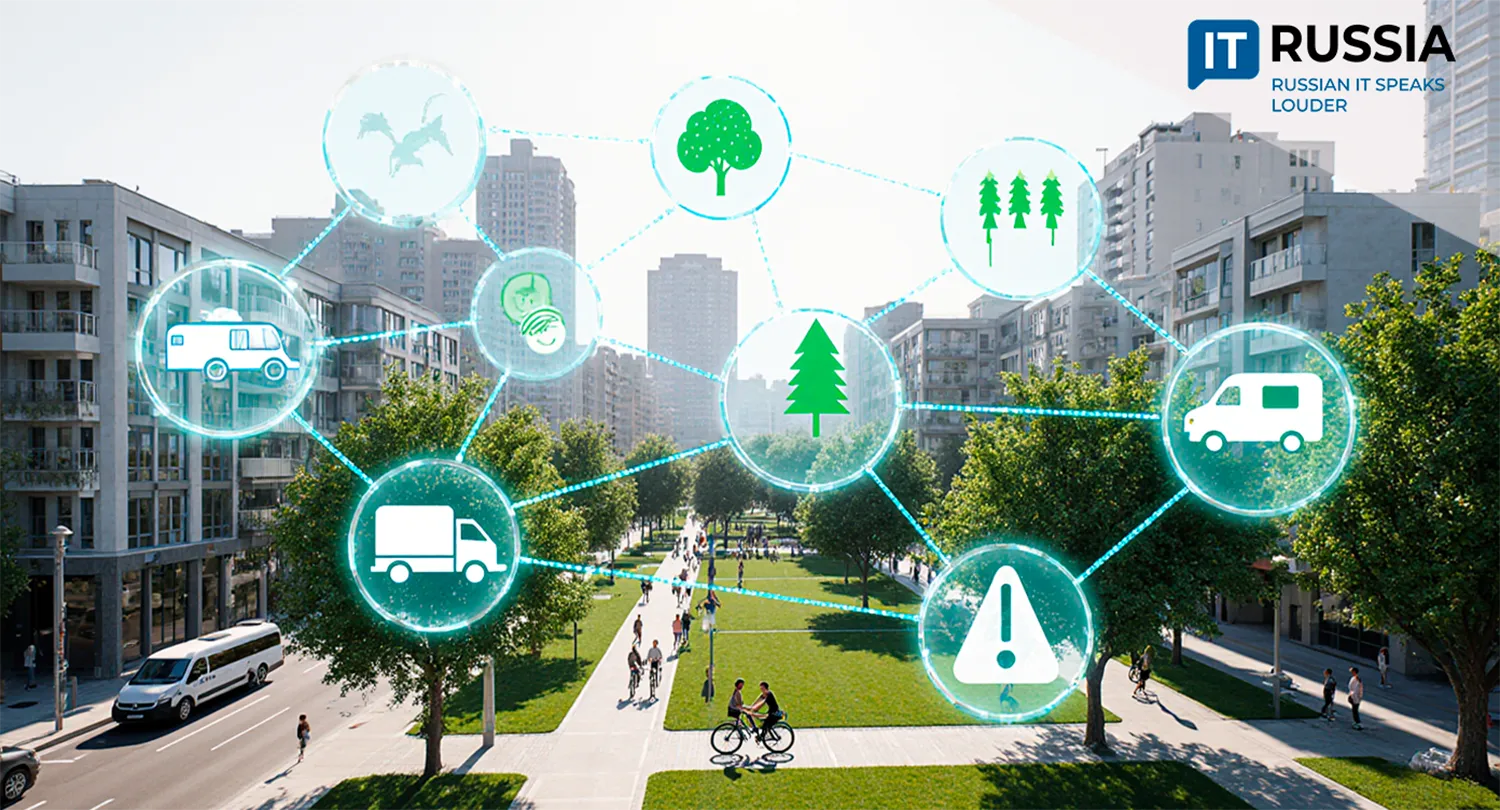
In an era of rapid urbanization and digital transformation, quality of life has become a key indicator of a city’s development. Russian IT company Sitronics KT is introducing a module that translates the subjective concept of 'comfort' into objective, data-driven insights.
Data That Shapes Decisions
Sitronics Group has long experience in digitalization across sectors, from hospital bed management to maritime control. In 2023, the company developed a digital territory management platform that provides city officials with instant, objective data: whether snow removal is effective, whether lighting works, and what the likely outcomes of administrative decisions will be.

The platform evolves with new modules. A unified emergency dispatcher system now allows officials to monitor infrastructure in real time, preventing accidents. Another module, powered by AI, identifies unauthorized ads, graffiti, and illegal signage on buildings and transit stops.
The Comfort Index
The new module focuses on comprehensive analysis of dozens of parameters that shape daily urban life. It integrates satellite data, IoT sensors, and sociological surveys to evaluate accessibility, public transport efficiency, social infrastructure, safety, environmental quality, noise levels, and air composition—forming a universal 'comfort index.'
For municipalities, the tool shifts governance from reactive responses to proactive planning. Instead of waiting for citizen complaints, officials can rely on dashboards that clearly highlight problem zones. Decisions based on the module’s data translate into measurable improvements, from cleaner air to better public transport. Over time, cities using such tools can expect higher investment attractiveness, drawing both businesses and new residents.
Toward Smarter Cities
While currently tailored to Russian municipalities, the platform’s architecture has strong export potential. Countries pursuing 'smart city' strategies may find such tools valuable for aligning infrastructure with human needs.
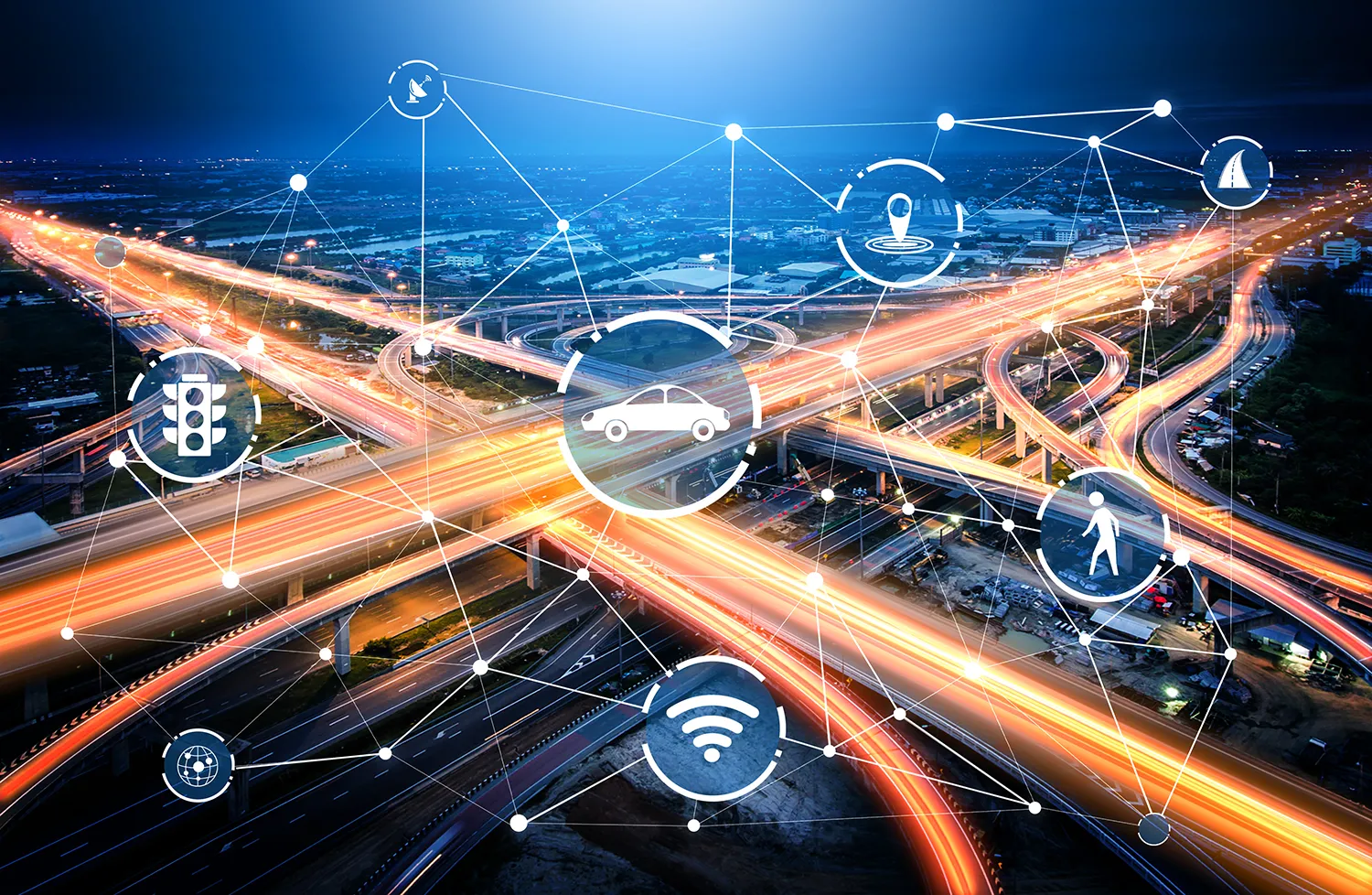
The project’s aim is not simply data collection, but real-world change: new trees, bike lanes, efficient bus routes, and safer courtyards. As Sitronics emphasizes, smart cities begin not with sensors but with an understanding of residents’ needs—and this tool is built with that philosophy in mind.




